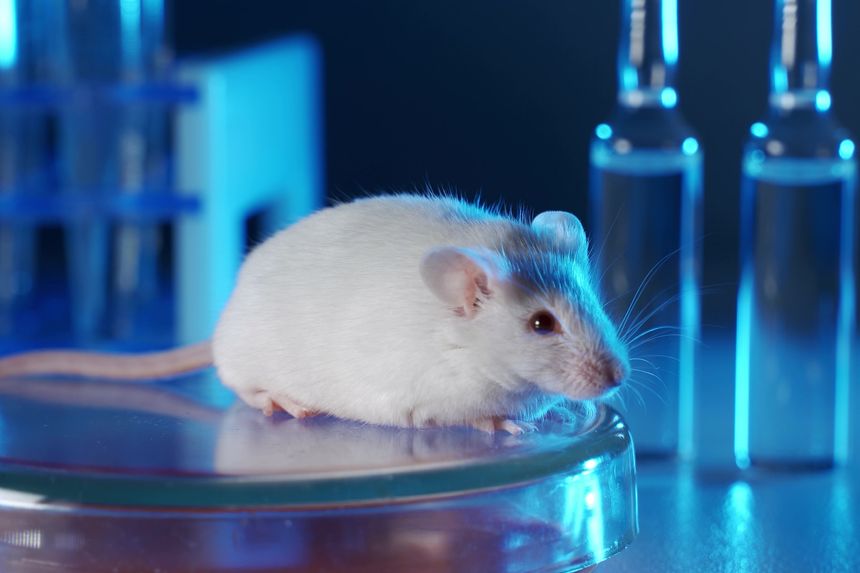Photo:
Getty Images/iStockphoto
The Senate last week unanimously passed
Rand Paul
and
Cory Booker’s
bipartisan FDA Modernization Act 2.0 to end the mandate that pharmaceutical drugs be tested on animals before human trials. The bill has a good chance of either passing the House this fall or being included in a year-end package. It’s a good reminder of how onerous regulation hinders innovation and harms people.
It took nearly a century to initiate a change in the law despite massive advances in drug-discovery technology. In 1938, Congress ordered that animal testing be conducted as part of the Food and Drug Administration’s drug-approval process. While that method might have made sense with the drug-testing capabilities of the time, studies have since shown that animal testing can be a poor predictor of toxic response in human beings. The new bill would make such testing optional, allowing pharmaceutical manufacturers to choose the most effective toxicity-testing techniques.
The decision to enshrine animal testing in law was misguided, but it teaches a valuable lesson: The more specific the mandate, the more harmful, innovation-hindering and costly the results.
Mandating specific technologies hurts patients. Ninety percent of drugs that undergo Phase 1 trials—the first trials on human subjects—are never commercialized. The reason is often toxicity, meaning that the drug passed animal testing but turned out to be harmful to humans. Patients suffer in the course of the trial, physically and mentally, since they put so much hope in the prospect of finding relief from a drug that passed animal trials only to prove toxic in humans.
By imposing an outdated testing method on drug developers, Congress inadvertently encouraged the administration of potentially harmful drugs to human subjects. If the law changes, pharmaceutical companies could rely on more-accurate tests before beginning human trials, allowing safer and more…
Click Here to Read the Full Original Article at RSSOpinion…

